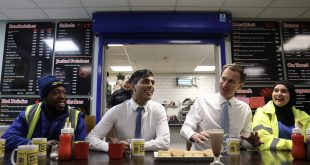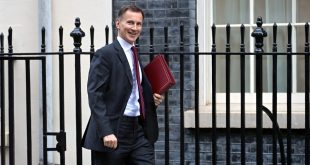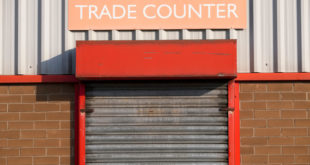To be, or not to be—that is the question:
Whether ’tis nobler in the mind to suffer
The slings and arrows of outrageous fortune,
Or to take arms against a sea of troubles
And by opposing end them.
Wow. Listen carefully, gentle readers. That sound you can hear, that beep, beep, beep sound: it’s the Government fiscal lorry reversing up Whitehall at a speed that a 19 year old plumber in a Vauxhall Astra van would be proud of.
Every single element of the mini-Budget, announced less than four weeks ago, has been unceremoniously ditched by Jeremy Hunt, the new Chancellor of the Exchequer, with the exception of the stamp duty cut and the rise in NI contribution, both of which were, apparently, too far gone down the Parliamentary process to be recalled.
So gone are: the planned 1p cut in the rate of income tax from 19p to 20p, the dividend tax cut, the tinkering with the alcohol duty, and the repeal of the IR35 off-payroll working reforms. Plus, and how the market reacts to this will probably be key, the energy price guarantee will stop in April, instead of lasting for two years.
Hunt announced the changes in a live-broadcast message from Number 11, in advance of telling MPs in the House in the afternoon. This is unprecedented and shows just how far up the creek we had gone. The makeshift paddle that he and, presumably, the Prime Minister – they are, after all, respectively, Second and First Lords of the Treasury – have fashioned out of what was left of Truss’s political credibility, seems to have calmed the market volatility. For now.
Truss and Kwarteng were right about one thing: we do need a growing economy. The trouble is, we also need a stable economy, and we need to not be in hock to the tune of a gazillion pounds to fund that growth.
The mess that the Prime Minister found herself in on Friday when she sacked Kwarteng as Chancellor is partly one of her own making. All those tax cuts to stimulate growth work fine on paper, I suppose, if you are playing around with spreadsheets ad a calculator. In the real world though, stuff happens that doesn’t fit your chosen narrative. It’s called life, (or, sh*t happens, to be more accurate). If you don’t take enough ‘what if?’s into account when doing your calculations then you end up deep in the you know what.
Had Truss not been so keen to distance herself from arch-rival Rishi Sunak during the long, drawn-out campaigning days of the leadership election, she might have come up with a more affordable scheme to help people cope with energy bill rises than effectively emptying a lorryload of cash into people’s bank accounts indiscriminately. That was always going to have to be funded somehow, yet it was lumped in with unfunded tax cuts. With no real solid idea of how those cuts were going to be funded than the woolly concept of ‘growth’, no wonder the markets were spooked.
One of the problems is that we have been wrapped in a cuddly blanket of low interest rates and low inflation for so long. For too long. Interest rates were always, always going to rise. Had Truss and Kwarteng rolled out their plans more slowly, over a number of months, they might have got away with it. Possibly. As it is, Kwarteng is now relegated (though with a nice little pay-off) to the back benches and to being one of the answers to a future pub quiz question: 2022 saw four Chancellors of the Exchequer; can you name them?
The pertinent questions for today, however, seem to be: has Jeremy Hunt done enough to calm the markets going forward? How long can Liz Truss remain as Prime Minister with her credibility in shreds? Who is going to replace her, and will it be someone that won’t frighten the horses again? What are the odds of the Conversatives winning the next general election, given all that’s gone on? And when are we going to get a real, solid, workable policy to help ease fuel bills, save energy and wean us off our dependence on fossil fuels.
Answers on a postcard please.
 Builders Merchants Journal – BMJ Publishing to Builders Merchants and the UK merchanting industry for more than 95 years
Builders Merchants Journal – BMJ Publishing to Builders Merchants and the UK merchanting industry for more than 95 years



